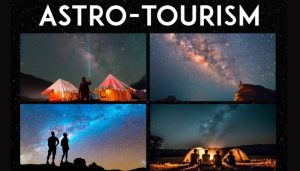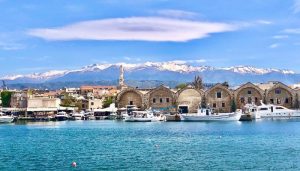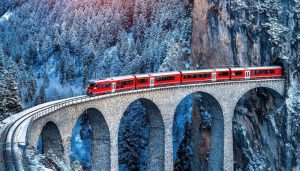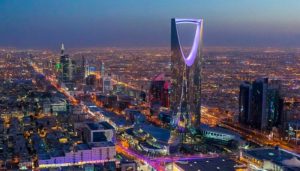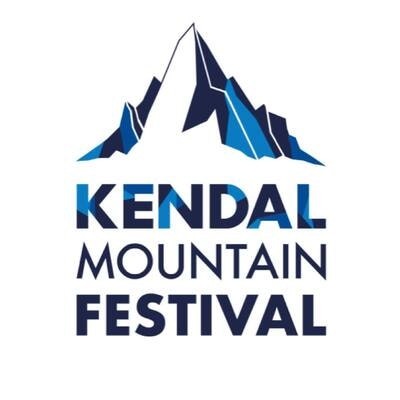
Displeasure over limited plus-size outdoor gear and an unwelcoming outdoor environment prompted Steph Wetherell to establish Every Body Outdoors last year.
The Instagram page, initiated with four online acquaintances, amassed 1,000 followers within 24 hours. Recognizing the discomfort larger-bodied individuals faced in outdoor spaces due to negative experiences or challenges finding suitable gear, they sought to create an inclusive community showcasing that individuals of all sizes can engage in various outdoor activities. Their aim spanned cycling, swimming, hiking, and climbing, highlighting the vast presence of diverse individuals.
Beyond advocating for brands to produce clothing for larger bodies (often limited beyond size 18) and to ensure proper representation in advertising and media, Every Body Outdoors orchestrates regular walks, events, and weekend courses focusing on mountain skills and adventures. Steph emphasized the life-changing impact of discovering such a community.
Conversations at the recent Kendal Mountain Festival, an annual gathering drawing outdoor enthusiasts, filmmakers, authors, activists, and brands to the Cumbrian market town each November, centered not only on renowned adventurers like Levison Wood and athletes like Sir Bradley Wiggins sharing their remarkable stories but also on community, accessibility, and diversity within the outdoor realm.
Jacqui Scott, the festival’s CEO, stressed the significance of inclusivity, noting increased representation from underrepresented groups in talks and films, touching on vital subjects such as mental health and outdoor access for individuals with disabilities. The festival aimed for accessibility by offering free events and programs for local schoolchildren.
Amidst screenings, talks, music, and gatherings spread across town and a central “basecamp” hub, the festival featured a diverse array of activities, including wild swimming, caving, snow sports, mountain biking, ultra-running, and stand-up paddleboarding. Notable highlights included Norwegian climber Kristin Harila sharing her groundbreaking expedition and Nepalese double amputee Hari Budha Magar discussing his Everest ascent. The festival also hosted nature-inspired evenings with patron Robert MacFarlane and musician Sam Lee, alongside insightful author talks, like TV presenter Louise Minchin discussing “fearless” women and writer Allie Mason on traveling with autism.
At the festival’s basecamp, I encountered Haroon Mota, the founder of Muslim Hikers, addressing the hurdles encountered by minority communities. Amira Patel, founder of Wanderlust Women, shared her outdoor adventures, advocating for Muslim women’s engagement in outdoor pursuits. Opening Up the Outdoors, comprising outdoor brands and experts, outlined its mission centered on promoting inclusivity.
The non-profit Adventure Queens, renowned for its women’s adventure community, organized hikes. Other groups focused on aiding individuals with mental health concerns and physical disabilities in accessing outdoor environments also had a platform, alongside environmental activists.
Soraya Abdel-Hadi, founder of All the Elements, a non-profit backing increased diversity in outdoor pursuits, acknowledged a surge in diverse community groups in the outdoors, partly attributed to movements like Black Lives Matter and the effects of lockdown. This burgeoning representation was welcomed at the festival.
While films remained integral to the event, the Kendal Mountain Player facilitated access for those unable to attend in Cumbria. A UK tour scheduled for selected films aimed to reach audiences across the country from January to June the following year. Notable winning films included “Franklin,” narrating an environmentalist’s solitary rafting through the Australian rainforest, “Adra,” a short film spotlighting the climbing community in Llanberis, and “If the Streets Were on Fire,” delving into BikeStormz, a movement created by social activist Mac Ferrari-Guy to aid London youth affected by knife violence.
Before departing, I attended a talk by the WeTwo foundation, a non-profit organizing life-changing adventures for underprivileged youth. Witnessing these teenagers recount the impact of their Antarctic journey on their lives was profoundly moving, reinforcing the festival’s overarching message of the outdoors as both a challenge and a source of healing.
Scott, emphasizing the metaphorical use of mountains, highlighted how these challenges—be it climbing Everest or an urban run—serve as personal hurdles to conquer. The festival’s primary aim centered on engaging people and demonstrating that everyone can overcome obstacles, explore the wilderness, and derive joy from outdoor experiences. Ultimately, adventure is meant for all.
